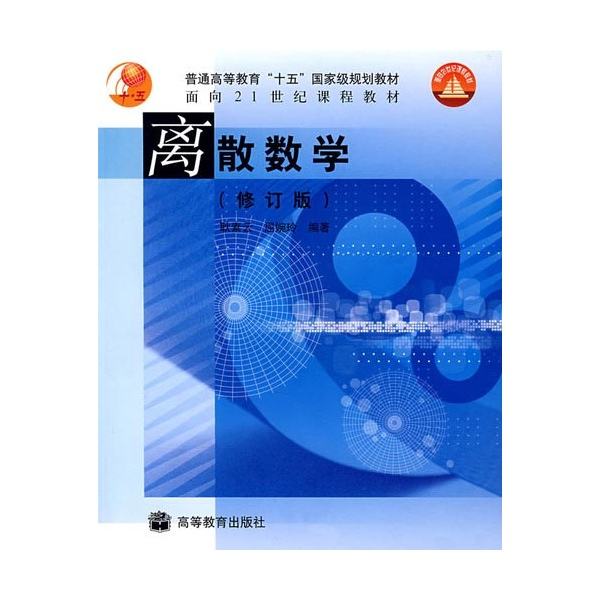We study the notion of $\gamma$-negative dependence of random variables. This notion is a relaxation of the notion of negative orthant dependence (which corresponds to $1$-negative dependence), but nevertheless it still ensures concentration of measure and allows to use large deviation bounds of Chernoff-Hoeffding- or Bernstein-type. We study random variables based on random points $P$. These random variables appear naturally in the analysis of the discrepancy of $P$ or, equivalently, of a suitable worst-case integration error of the quasi-Monte Carlo cubature that uses the points in $P$ as integration nodes. We introduce the correlation number, which is the smallest possible value of $\gamma$ that ensures $\gamma$-negative dependence. We prove that the random variables of interest based on Latin hypercube sampling or on $(t,m,d)$-nets do, in general, not have a correlation number of $1$, i.e., they are not negative orthant dependent. But it is known that the random variables based on Latin hypercube sampling in dimension $d$ are actually $\gamma$-negatively dependent with $\gamma \le e^d$, and the resulting probabilistic discrepancy bounds do only mildly depend on the $\gamma$-value.
翻译:我们研究随机变数的负负负依赖性概念。 这一概念放宽了负或负依赖性概念( 相当于美元负依赖性), 但是它仍然能确保测量的集中性, 并允许使用Chernoff- Hoffding- 或Bernstein 型的大型偏差界限。 我们根据随机点( P美元) 研究随机变量。 这些随机变量自然出现在对美元差异的分析中, 或对以美元作为整合节点的准蒙特卡洛 烹饪中最坏的恰当整合错误的分析中。 我们引入了相关数字, 这是可能最小的 $\ gamma 值, 以确保 美元负依赖性依赖性。 我们证明基于拉丁超立方采样或$( t,m,d) 美元- net 的随机变量, 一般来说, 它们并不具有1美元的相关数字, 即不依赖负值或太过。 但众所周知, 仅基于拉丁超立方值的超立方值( $) 的随机变量, 结果导致美元和美元正值( 美元) 的正值( 美元) 折值( 美元) 。




